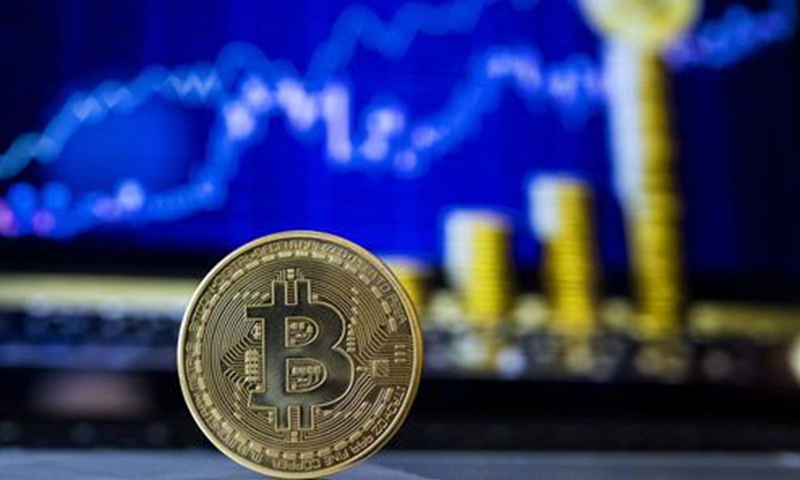
digital currency Photo: VCG
The People's Bank of China (PBC), the central bank, is preparing for a digital currency, with various tests proceeding in different regions of China as the country develops more digital currency applications.
Sun Guofeng, an official with the PBC, said Tuesday at a regular press conference that the central bank will push forward with research into digital renminbi, but there is no timetable for its official issuance.
But even without a timetable, China's digital currency is at the forefront globally, according to a report by CCTV.
In Shenzhen, South China's Guangdong Province, testing of a digital currency is being carried out in an orderly way.
In Suzhou, East China's Jiangsu Province, some civil servants have received part of their salaries in the form of digital currency.
In Xiongan New Area, North China's Hebei Province, 19 companies including McDonald's have begun to pilot digital currency use.
Although it is not the same thing as Alipay or WeChat Pay, in the future, digital currencies will become just as ubiquitous, said the CCTV report.
80 percent of central banks around the world are researching digital currencies, and 10 percent of central banks are about to issue their own digital currencies, CCTV said, citing data from the Bank for International Settlements.
France, Sweden and Thailand have begun to test digital currencies. Nearly 15 percent of gas stations in Venezuela have used petro-cryptocurrencies. The US' attitude toward digital currencies has also changed from negative to positive, CCTV said.
Why are digital currencies so popular and what are the advantages?
First, legal digital currency can efficiently satisfy the public's demand for convenience, security and anti-counterfeit protection in retail payments.
Second, digital yuan can be used in offline payment, meaning that even if the network is disconnected, the payment can be realized as long as a user's mobile phone has power.
Third, the central bank's digital currency does not need to be bound to any bank card, which can meet the requirements of anonymity.
In addition, the application of digital currency will enable the financial sector to have a stronger grasp of currency flows, to be precise in implementing monetary policies, and to efficiently manage wealth.
Overall, China will accelerate digital currency applications, bringing users higher-quality consuming experiences, more effectively promoting China's digital economy, reducing costs and increasing efficiency in economic activity.
Global Times
